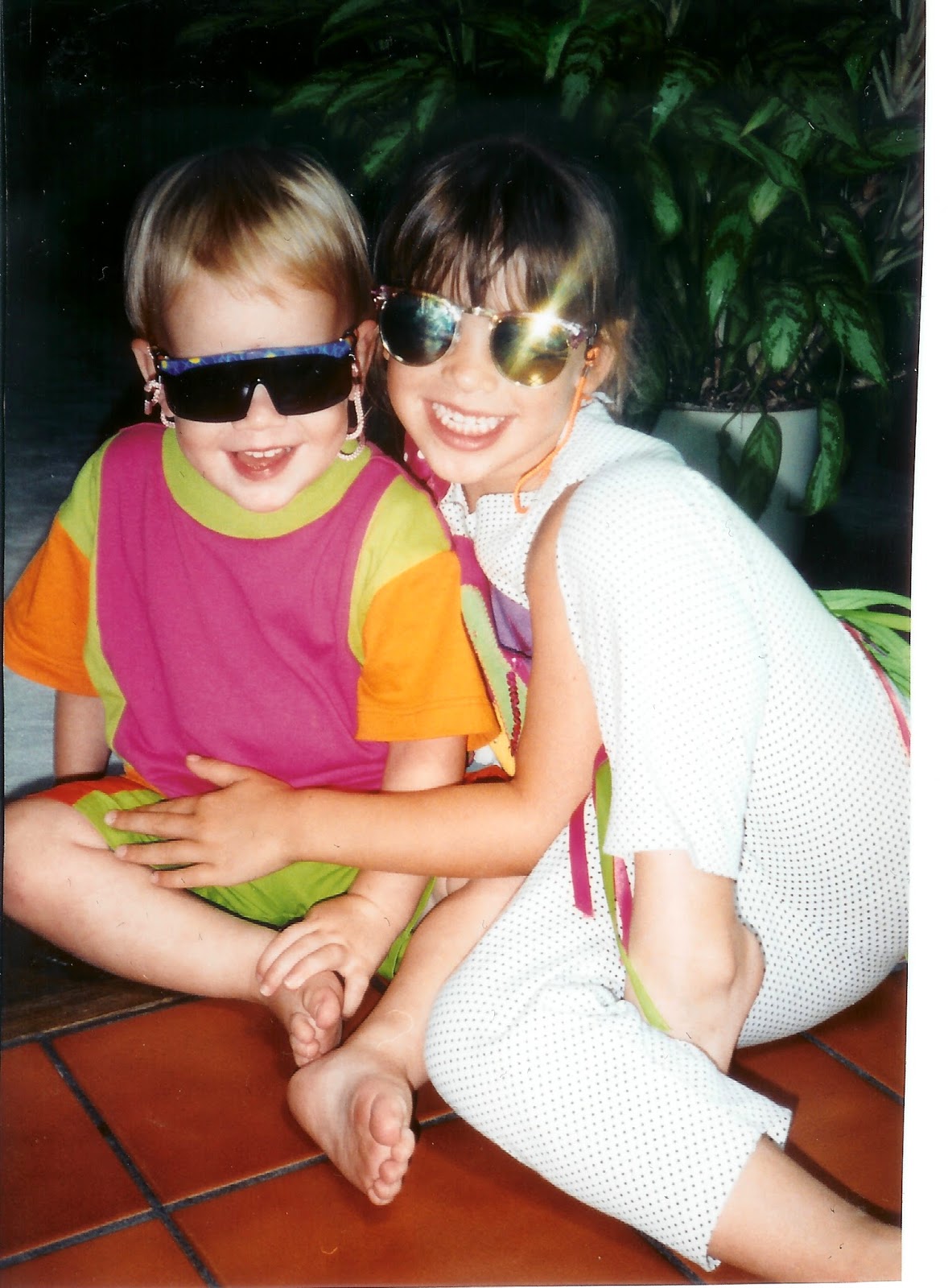Today was a hard day.
What should have been another Friday to enjoy seeing
patients had turned sour. Instead,
various employees had waited for me in the hallway one at a time to reluctantly
give me bad news. Our new electronic
medical record system mandated by ObamaCare had cost me $70,000 to implement but
was not working as predicted. Our
building needed a new roof and the parking lot needed resurfacing. An unhappy patient wanted a full refund for
his glasses purchased a year ago and demanded to be seen today. An insurance company had suddenly announced it
would not pay for some of our patients to have surgery at the local surgery
center, forcing our patients and us to use a more distant and less familiar
center. A post-op patient called and
wanted to be seen because she was not doing as well as she thought she should
the day after her surgery but could not come in for a visit until after hours
so would I wait and see her before going home?
The air-conditioning was not working in our surgical suite. My partners could not decide how to pay
$32,000 more this year for our staff to get the same health care insurance,
requiring an unscheduled meeting at noon. I did not get lunch.
Then, an irate patient made sure to point out in front of
our full waiting area that she lived in Sharon Country Club and worked as a Airline Customer Service Rep as she criticized our excellent front office staff
about their attitude. Our hard-working
and friendly staff didn’t deserve that treatment from this demanding,
self-absorbed mom and the irony that it was coming from an airline employee
(don’t they always make us happy when we fly?) hit everyone like a dirty, wet
towel. And, with all the distractions, I
had predictably fallen far behind in my afternoon clinic.
Then, I saw Joe.
His chart told me his age was 93 but as I walked into his
exam room feeling beaten and battered by my medical practice, he stood to greet
me. I had seen him many times
before. A familiar and pleasant smile
creased his face as he extended his arm to shake my hand. Scanning his chart to determine how best to
treat his glaucoma, I refocused hard on my task, trying to be as efficient and
accurate as possible and complete his care.
I asked him one of the many questions our new and burdensome
electronic medical record system requires me to solicit from every patient,
every visit.
“Do you smoke?”
Interrupting my train of thought, he announced to me. “I was in World War Two.” His eyes twinkled.
Joe had a story and this was the day he was going to share
it with me. So, despite knowing this
would make my waiting patients wait even longer, I reluctantly asked.
“What did you do over there?”
At the age of 22, Joe was flying over Hitler’s Germany in February,
1944. He was part of a crew on a B-17 Flying
Fortress on a mission over Berlin when his plane was hit, setting fire to one
engine. He and his fellow American
soldiers had little time to decide what to do, but fearing the engine would
explode and blow up the plane, they evacuated.
Joe jumped out of a burning airplane. At 30,000 feet.
He went into a free fall, reaching terminal velocity of 200
mph before pulling his ripcord to deploy his parachute at 10,000 feet above a
battlefield.
Joe descended into Nazi Germany, landing on the flat roof of
a two story building in downtown Berlin.
Gathering his parachute, he heard a voice from the ground below calling out to him. A German Officer
was pointing a gun at him, directing him to slide down a gutter to the ground.
Joe was escorted at gunpoint to a holding center. He was crammed into a cattle car with other
American soldiers and taken by train to a prison camp in Poland.
He lived at that prison camp for ten months on meager
rations with just the clothes on his back.
When the Russian Army broke through German lines from the
east, he and the other prisoners were forced to walk 700 miles weaving their
way west through war torn German towns and countryside. In the winter. It was 14 degrees.
Stumbling into the Battle of the Bulge, Joe and his fellow
POWs became part of WWII's largest operation as Allied Forces overcame
Hitler’s offensive into France. There
were 89,500 American casualties in that battle: 47,000 Americans were wounded
and 19,000 Americans were killed. But
somehow, America won. And Joe survived.
When an African-American Tank Battalion finally broke
through German lines, Joe was freed.
His reward? A can of
Spam - and some cigarettes.
“And, no, I don’t smoke.
Never did.” Joe finally answered.
I sat captivated, amazed by each morsel of this buffet of
living history served before me and I devoured every last bite.
And despite falling farther behind in my lousy day to listen
to his incredible story, suddenly my day didn’t seem that hard.
When our lives seem challenging, it is
comforting to know there are others we can rely on to give us a better
perspective, to remind us of the powers of perseverance, faith and hope, and to
lead the way.
The next time I have a hard day, I'll think of Joe.
The next time I have a hard day, I'll think of Joe.









